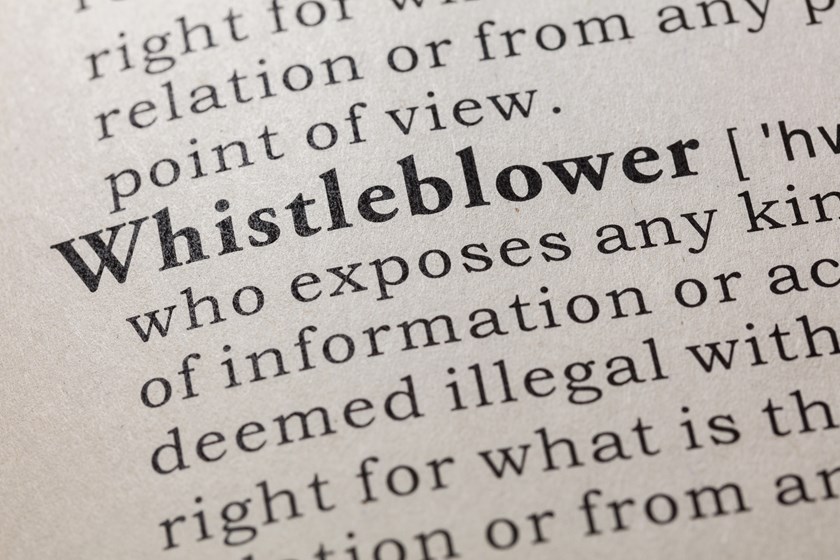Lessons from the Salmond inquiry: key considerations for a workplace investigation
Insight

Salmond inquiry
The Nicola Sturgeon and Alex Salmond saga has been a regular feature of the news for the last four months. The Sturgeon / Salmond controversy is complex but at its heart are two sexual harassment complaints made by two women against Salmond while he was first minister and the Scottish government’s seemingly botched investigation of these complaints. The government’s apparently inept handling of the investigation led to a judicial review, which cost the government more than £500,000 and two further independent inquiries (cost unknown) into the government’s handling of the complaints and Sturgeon’s own conduct during the original investigation.
So what went wrong? On 23 March 2021, a cross-party committee of MSPs published their 192 page report into the government’s handling of the sexual harassment complaints which:
- confirmed the Court of Session’s assessment that the original government investigation was tainted by a conflict of interest because the government’s lead investigator had had extensive prior contact with the complainants;
- criticised the leak of the government inquiry’s findings to the Record newspaper in August 2018 as an unacceptable breach of confidentiality; and
- stated that the mistakes made by the Scottish government were “entirely avoidable”.
This botched inquiry serves as a useful reminder of key considerations for any investigation.
Key considerations for a workplace investigation
Choosing an investigator
The investigator should be impartial and objective. Conflict of interest is the rock upon which many investigations founder, so it is essential to ensure that your investigator is independent of both the complainant and the accused. In certain circumstances, appointing an individual within the company to investigate the complaint will be appropriate, however, for more complex or contentious complaints you should consider appointing an external investigator to assure the objectivity required.
Defining the scope of the investigation
Whether you choose an internal or external investigator, defining the scope of the investigation is key. You should clearly set out what the investigator will investigate (be clear about the limitations of the investigation) and the time frames for the investigation. You should also specify whether the investigator is being asked to establish the facts only or whether you expect the investigator to make recommendations. Having a clear terms of reference for the investigation will assist the investigator but will also assist all parties to understand and have confidence in the process.
Confidentiality
As far as possible, the process should be strictly confidential. This will empower complainants to raise concerns and protect the complainants and the accused. Therefore, you should instruct that all parties and witnesses maintain confidentiality over their participation in the investigation. This being said, to conduct a fair and effective investigation, some information may need to be revealed to the accused and potential witnesses. Therefore, all parties should also be informed that information will only be shared on a need to know basis; an employer should never promise absolute confidentiality to any party involved in the investigation.
Documentation
Workplace investigations often lead to litigation. Therefore, having a proper paper trail is essential to evidence to the tribunal/court that the investigation was carried out promptly and fairly. In the event of a claim, documents produced during the investigation will likely be disclosable and so employers should be mindful when creating and sharing documents.
Conclusion
As evidenced by the Salmond inquiry, a botched investigation can have serious implications for those involved as well as the reputation of the organisation. The Scottish government’s failure to identify the conflict of interest in regards its investigator was fatal and the investigation was doomed from that point on. Investigations are challenging for all involved but employers can take simple steps at the outset of an investigation, to ensure the integrity of the investigation thereby guarding against future claims.
Our Employment team has many years’ experience handling complex and sensitive workplace investigations, acting for employers, employees or, indeed, carrying out the investigation as an independent team. Our range of investigation services and work examples are contained in our investigations brochure: please see here. Please do not hesitate to contact Kathleen Heycock, Maria Strauss, Chloe Westerman, or your usual contact in the team if you have any questions about investigations.
This publication is a general summary of the law. It should not replace legal advice tailored to your specific circumstances.
© Farrer & Co LLP, April 2021







